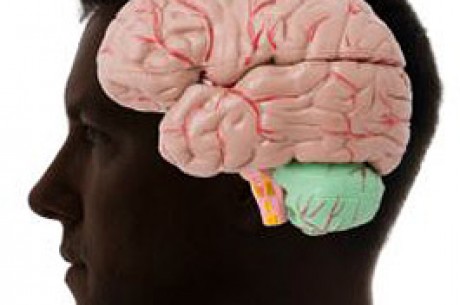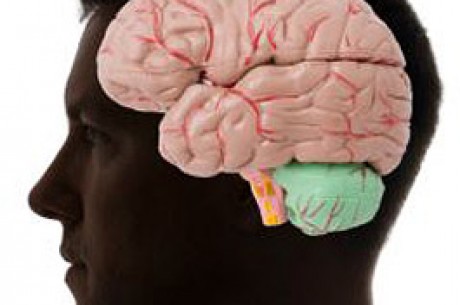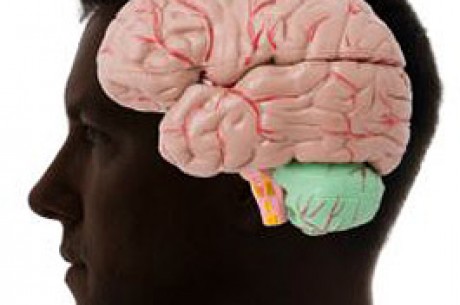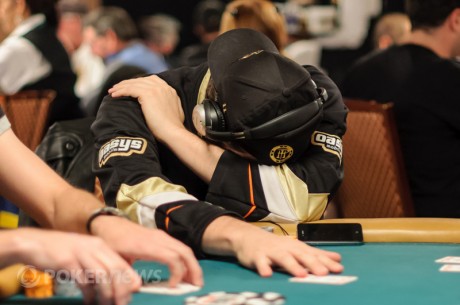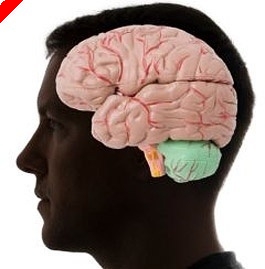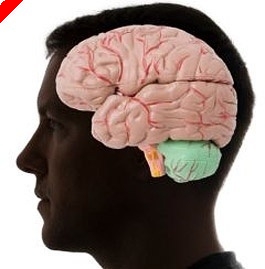The Poker Shrink, Vol 28 - The Fundamental Attribution Error
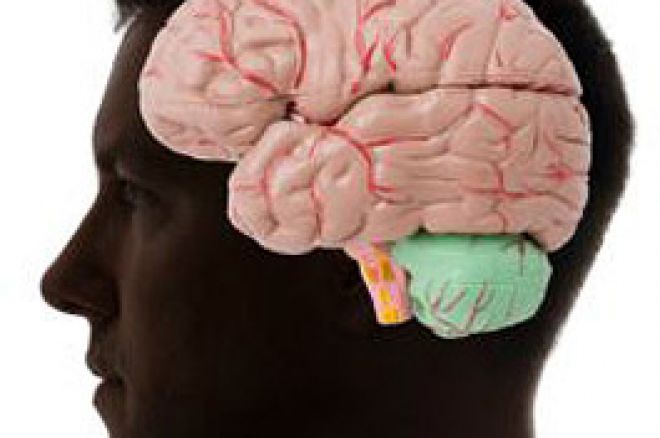
When any researcher studies human beings, they are attempting to discover "why" something happens (or perhaps "why" something doesn't happen). Therefore, it is important to discover the source of the behavior, the reason or reasons that something occurs. Of course, what we are trying to do is get it right; to actually discover why a person acts the way they do but often times the researcher gets it wrong. The number one reason a researcher gets something "wrong" is that even as a trained observer we attribute the outcome to some action or thought or feeling that is, in fact, not the cause of the result. In psychological research this is often a mistake made because we think we have observed the cause of some event that was either internal to our subject ("in their head or heart or soul") or perhaps we observe the person reacting to somethng external to them out there in the big wide world. Basically, we get the wrong 'cause' linked up with the right 'effect'. Here is a poker example:
A player under the gun limps with pocket Kings. The flop comes 872 rainbow, our 'cowboy limper' bets out and gets two callers. The turn is another 8 and our limper goes for the takedown and gets reraised all-in by the guy with the 87o boat. The KK player laments his "bad luck". He attributes his loss to an external factor—luck and perhaps to the donkey play of the 87o player. But we all know what the real cause is, right? We know the "luck" involved can be directly attributed to limping with pocket Kings. If you make the appropriate raise then the 87o folds and "luck" never comes into play. The player in this example has made what we call: The Fundamental Attribution Error. He has tied the outsome of the hand to an external factor (luck) rather then an internal factor (decision to limp with Kings).
The Fundamental Attribution Error is a pretty straightforward concept, which has been supported in countless studies across all types of behaviors. Essentially, what it means is that individuals have a tendency to attribute other people's behaviors to internal rather than external causes. Conversely, especially when dealing with choices or behaviors that have a negative outcome, people have a tendency to attribute their own behaviors to external rather than internal causes. [Wikipedia]
More simply put, we think the bad stuff that happens to us is not our fault and we tend to think the exactly the opposite when someone else does the same thing. So our 'cowboy limper' above would observe that anyone else limping with a big pair is making a bad play and is therefore a bad player but when the player himself does it, the result is attributable to bad luck.
In poker, this can translate to players assuming that an opponent is a weak or poor player when he or she makes some decisions that turns out unfavorably, which means that a really good move by another player, which should put you on notice that they play well; does, in fact, make you think they play poorly when the play doesn't work. If it's a good move, it's a good move; regardless of the outcome.
The Fundamental Attribution Error is an error in thinking. We are seeking information at all times at the poker table but when we find it, then we need to correctly place it in the context of the game. The bad results come when we become less objective both in evaluating our own play and in estimating the strengths of our opponents. And like so many aspects of poker, this one can be used against you by a truly gifted player. Let me give you an example:
One busy night in the GoldStrike poker room in Tunica, I was playing a $5/$10 game waiting for a tournament to start. A player I recognized took the seat on my left. Now, I knew this player and I knew he was slumming at these limits. He regularly played much higher limits but he too was waiting for the tournament and this was just an "open seat" to kill some time. He played five of the first six hands dealt to him, lost them all and showed marginal or drawing hands that should have been folded. Within the next two rounds, he took down several pots of over $200 each. As he raked in the last pot, he turned to me and said: "You show these boys a few bad hands when you first sit down and they will pay you off the rest of the night."
He might not have been able to name the Fundamental Attribution Error but he sure knew how it worked. He gave the table every reason to label him a weak player and they all applied the label; then he switched up his game and they did not change their assessment of him.
At the table always seek information about your opponents but always be flexible enough to change it as new information is acquired. At the table and away from the table, always assess and reassess your own play and we willing to admit when it really is you and not the cards or your opponents making the weak plays.
The upside of understanding the Fundamental Attribution Error is that when you become clear about when it is your play and when it is your opponent's play because you have a lot more information about them. Now just be sure that there isn't some sly devil at your table who has also read this article. You know that he knows that you know he knows too.

